Can dogs eat cheese? What about ice cream? Most importantly, what human foods should a dog NEVER eat? Here we talk about what dogs cannot eat, and what foods to only give in moderation.
Hi, y’all!
One of our most popular articles, 15 KONG Fillers, includes suggestions on human food that dogs can enjoy. It brought questions to us from folks asking about dog food and dog treats — What can dogs not eat? Which foods are toxic to our pets? So we did a lot of research across trustworthy sources such as the Humane Society, ASPCA, and veterinarians to compile a list of foods that dogs must never eat because of the toxicity to our furry friends.
If you’re a new or soon-to-be doggie mama or papa, this post is for you. Even seasoned dog parents might have ingredient questions, so read on! We hope you’ll find this post informative and helpful.
An Important Note
If you think your dog has eaten something that might be dangerous, gather any of the remaining food or other substance consumed. This may assist the veterinarian with helping your dog. Collect any vomit if your dog has thrown up.
Call your veterinarian right away. Or if you’re located in the US, you can call the ASPCA Animal Poison Control Center (APCC) at (888) 426-4435 right away. Veterinary experts at the APCC are available every day (including holidays) around the clock. They can answer questions and provide guidance (a fee may apply).
https://www.aspca.org/pet-care/animal-poison-control
Common indicators of food poisoning can include vomiting, diarrhea, weakness, lethargy, seizure, and signs of upset stomach and stomach pain. If you’re not sure whether your dog ate something he shouldn’t have, it’s always best to call your vet to be on the safe side.
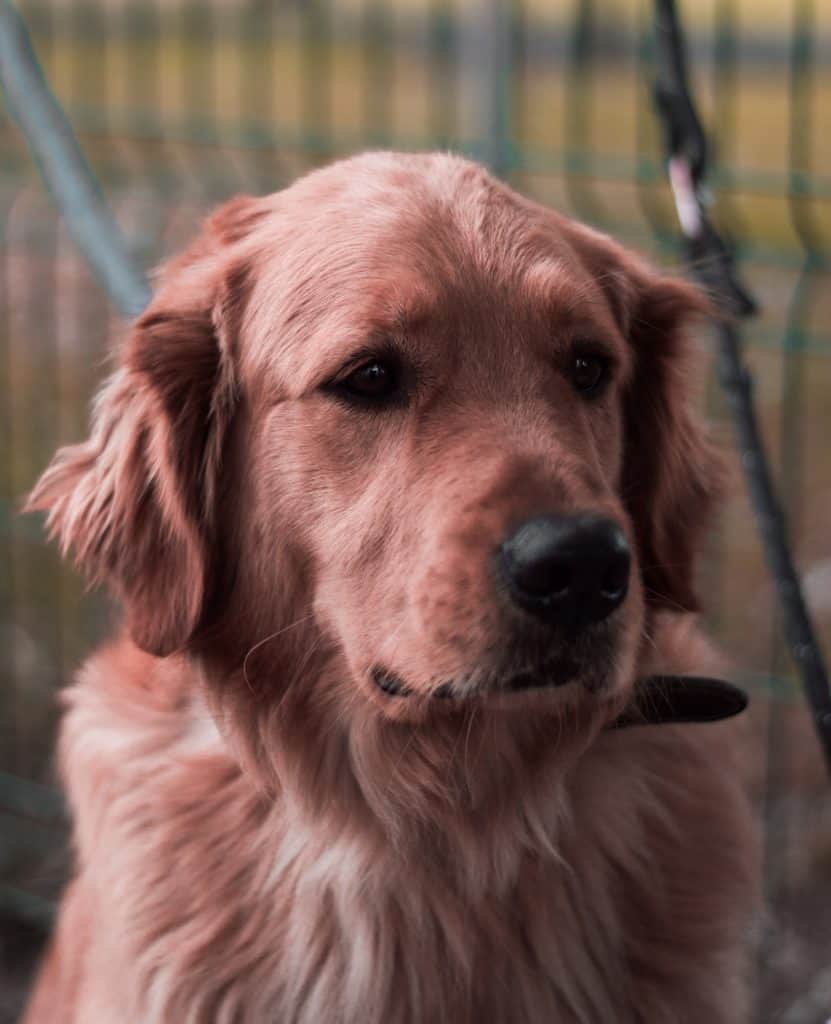
Alcohol
This first item on our list is obvious; a dog should never have access to alcohol. But, this sometimes will happen accidentally when a drink spills or is simply left unattended.
Your dog may show the same behavior a human would if they have ingested alcohol. The resulting problem is that ethanol will slow breathing because of its effects as a depressant. In severe cases, this can lead to coma or death.
Ethanol also develops through fermentation in rotting apples and similarly in cider that is kept too long. It is also present in raw bread dough and other types of uncooked dough. So these are foods to also ensure your dog avoids.
And for you home-brewers: Hops are also a danger to your pup due to the various compounds that make them up, and will make your dog quite ill. So keep your brewing area tidy!
Avocados
While the avocado is a human food that’s quite healthy for us, it’s not OK for our pets. Dogs can eat many fruits in moderation without a problem, benefitting from their nutritional value, but the avocado is one exception. Avocados contain persin, which is toxic to dogs, and can cause symptoms such as vomiting and diarrhea.
Avocados also have a large pit that can be a choking hazard. So your best bet is to keep avocados far out of your dog’s reach.
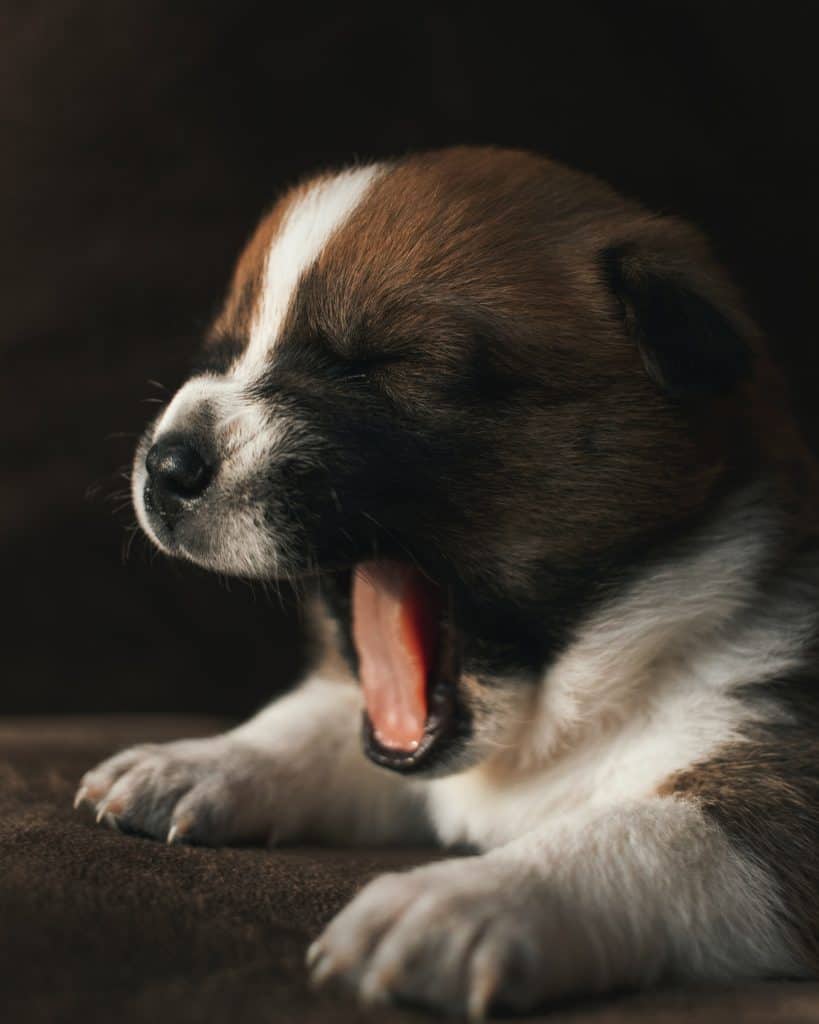
Grapes
Grapes of any type (red and white grapes, currants, etc.) are the other fruit that dogs absolutely must avoid. Certain dogs have extremely adverse reactions to grapes, including kidney failure and death.
So make sure your dog’s diet doesn’t include any grapes, raisins, grape juice, and of course wine!
Allium Plants
What exactly is allium? This is a species of plant that includes onions, garlic, leeks, chives, scallions, and shallots. These can be quite dangerous to dogs even in small quantities, causing their red blood cells to break down.
Since these foods are often cooked up with or baked into other foods, be sure to know the ingredients of any “people food” that you are sharing with your dog!
Chocolate
Virtually everyone knows by now about the hazards of chocolate for dogs, but we’d be remiss not to mention it on our list. Eating chocolate is one of the most common ways that dogs acquire food poisoning.
Make sure your young children are aware to not share their chocolate treats (including chocolate ice cream) with the family dog and to leave any chocolate foods out of the dog’s reach.
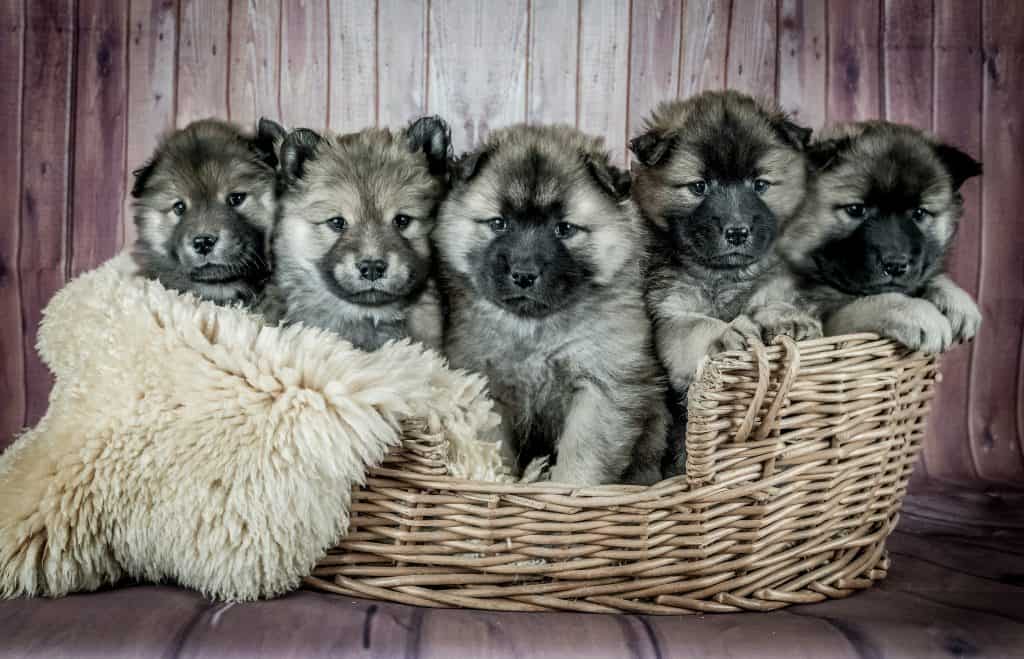
Caffeine
Caffeine is one of the ingredients in chocolate that is a problem for dogs. Avoid this in other forms as well. You might see symptoms like thirst, inability to control urine, vomiting, or restlessness a couple hours (or longer) after ingestion of foods or beverages containing caffeine.
So mop up that spilled cup of tea or coffee before your furry friend gets to it first, and definitely keep tea leaves and coffee beans out of reach!
Xylitol
Xylitol is an artificial sweetener commonly found in candy and chewing gum. It can even be found in certain peanut butters, so always check your labels. This ingredient can severely affect your dog, causing vomiting, lethargy, and even seizures, due to its impact on blood sugar.
Gum and candy are of course products that you wouldn’t share with your dog. The key here is making sure that these foods are inaccessible to your dog, to ensure your pet stays safe. Also be aware of sharing any baked goods with your pup that may have been prepared with xylitol as a sugar substitute!
Macadamia Nuts
We all know our pups love peanut butter. The peanut is actually a legume and not a nut. True nuts can be hard for dogs to digest (including in butter form, like almond butter) so may not be a good treat for dogs. But there is one type of nut in particular that is highly toxic to your furry friend: the macadamia nut.
Even small quantities of macadamia nuts can cause severe symptoms (fever, vomiting, weakness, seizures), and there tends to be a delayed reaction. So keep your macadamias and any baked goods containing them far from your dog.
Raw Meat
Raw meat, raw fish, and raw egg pose the same risks to dogs as they do humans; they can contain salmonella or other harmful bacteria. Fully cook any boneless meat, fish, and eggs to share with your dog.
Sorry Fido, you’re not coming to the sushi buffet.
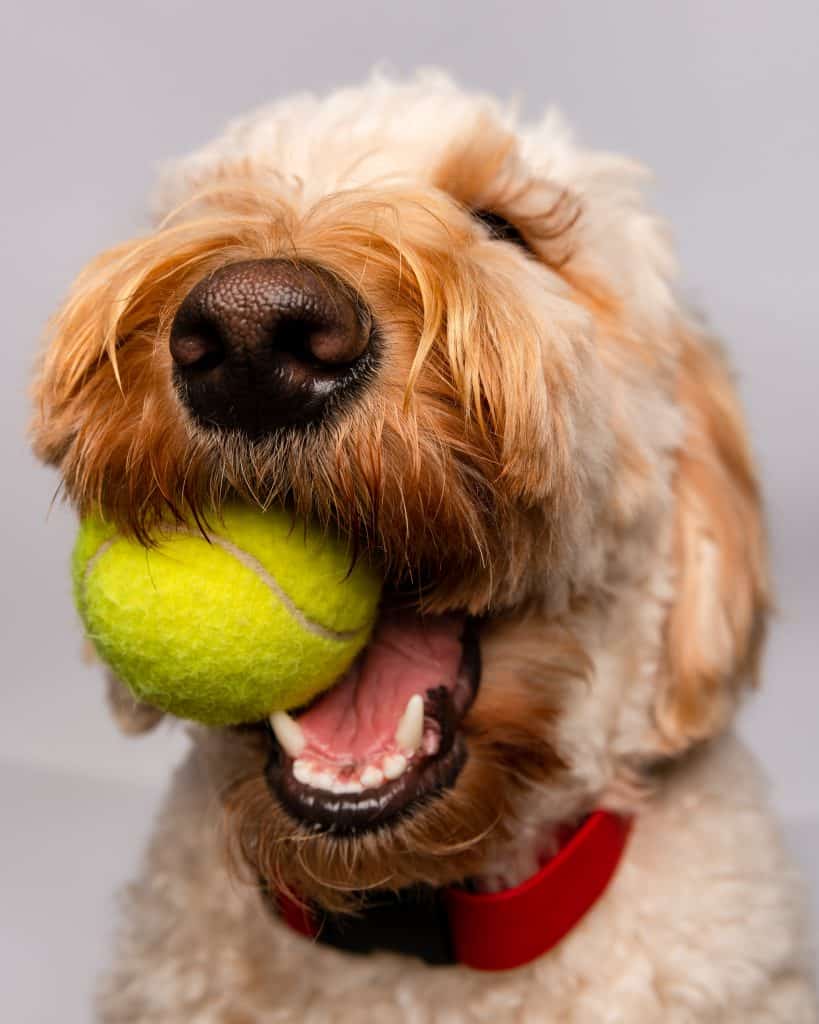
Watching Out for Choking Hazards
Bones from your meals, corn on the cob, fruits with pits (like whole peaches) are foods to avoid because they can be choking hazards or create injury upon reaching the intestines. Remove cores and seeds from foods like apples and others with hard seeds and/or cores.
Certain types of bones are common chews for dogs, and must be the right size for your dog and right toughness so they don’t snap apart. Even when your dog is gnawing on the proper type of bone, they still should be monitored in case the bone splinters.
Not Toxic, but Not Great
Dogs can eat foods with natural sugars, like bananas, in moderation. But avoid foods that contain added sugars. A food like a banana offers nutritional content to your pooch, but the sugar content makes it a treat to be consumed in small amounts.
High-calorie food and food with high fat content will cause weight gain for your dog, as it will with humans. To keep your pet healthy, keep treats on the lean side. Similarly, foods high in sodium can also adversely affect your dog’s health. So while your dog might want to share your bacon, it’s not a great idea.
Can Dogs Have Cheese?
Dairy products are tolerated fine by some dogs, but not very well by others, so always start off with small amounts when giving your dog a treat like cheddar, ice cream, cream cheese, yogurt, or most other dairy products. If your dog displays digestive problems or other upset stomach issues in reaction to dairy, it may be lactose intolerance, so switch away from dairy products and onto other types of treats.
Even dog treats branded as “dog cheese” typically are a dairy product that contain lactose. Cottage cheese, however, is fermented and contains very little lactose. So if your pal is a lover of dairy, but his dog’s stomach doesn’t love it, cottage cheese could be an option to try.

Non-Foods
As you might imagine, tobacco and other drugs will also make a dog very ill if consumed. Keep these products in a safe place.
On a final point, keep your dog safe by ensuring any chemicals around the house are inaccessible to your dog. Store household cleaners, detergents, automotive fluid, and the like in cabinets, high shelves, or closets that your dog can’t access. While these products certainly aren’t appetizing, a curious dog might lick a spill of toxic fluid or powder, so being careful with these products is a must.
So What IS Safe?
There are many “human foods” dogs can enjoy! Cooked and skinless sweet potato and plain green beans are a couple of examples of human food that are a healthy treat for dogs. We share some yummy suggestions on dog food and dog treats in these posts below:
A few points to keep in mind:
- Give treats to your dog in moderation. Meals that are nutritionally balanced for dogs should be the the bulk of their daily food intake.
- Start new ingredients for your dog in small amounts, to ensure they’re well-tolerated.
- You should always first talk to your vet if an ingredient in a homemade dog food or treat recipe looks questionable or would be new or unusual for your dog to eat.
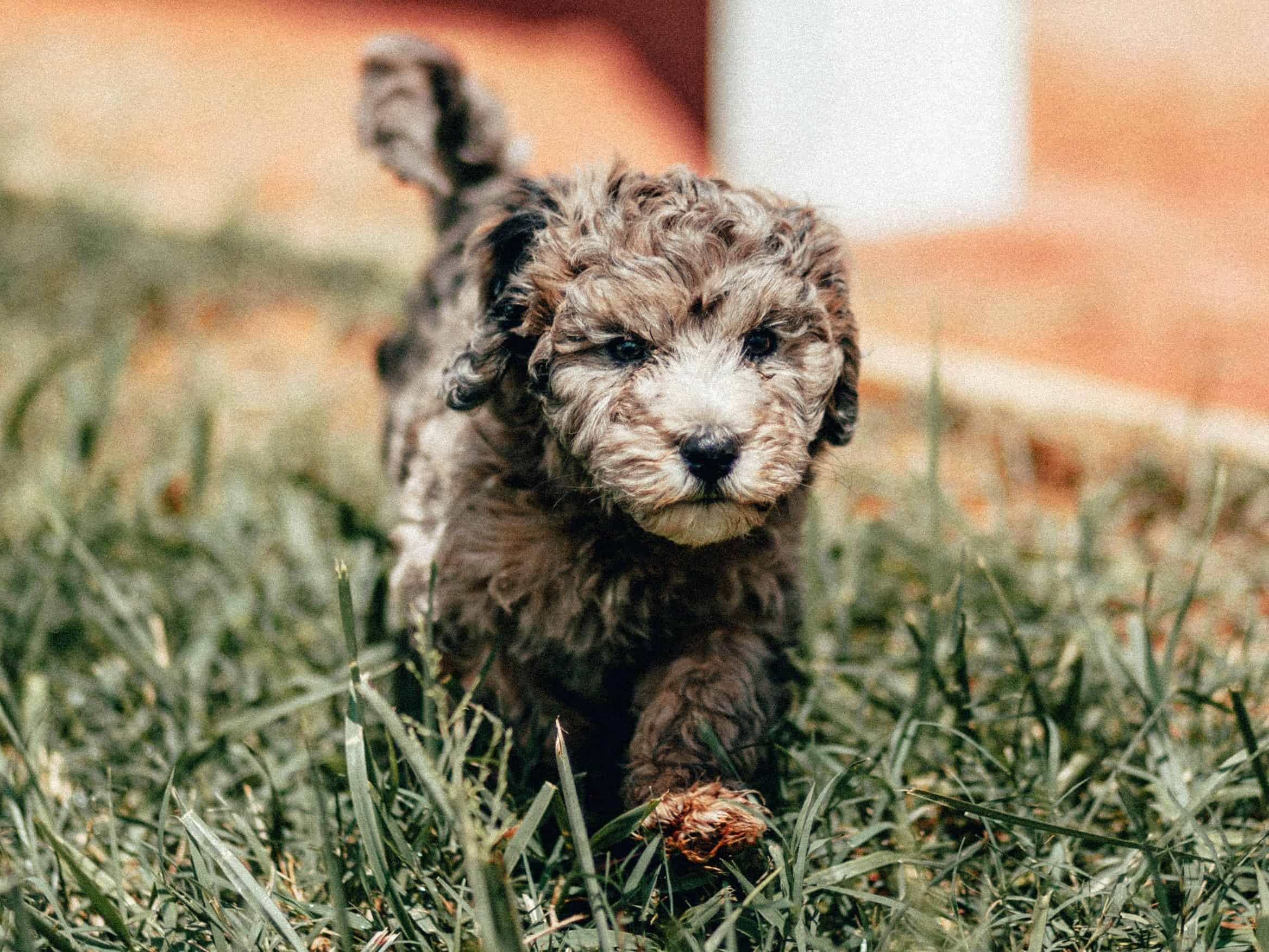
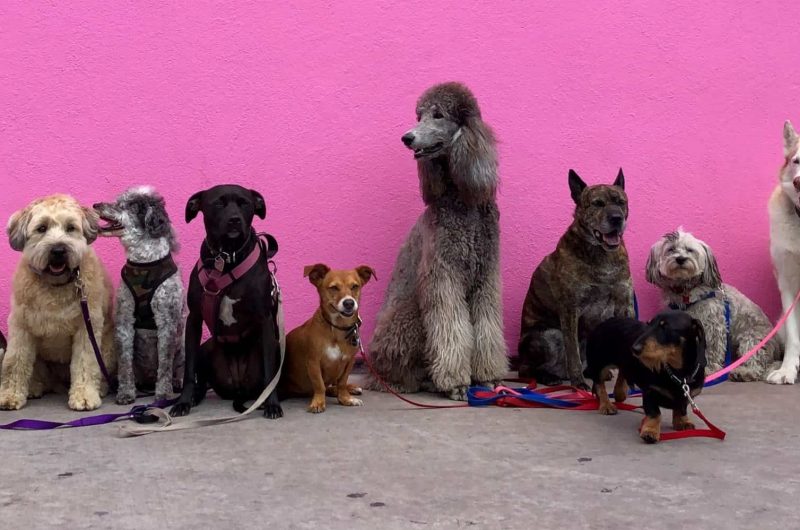
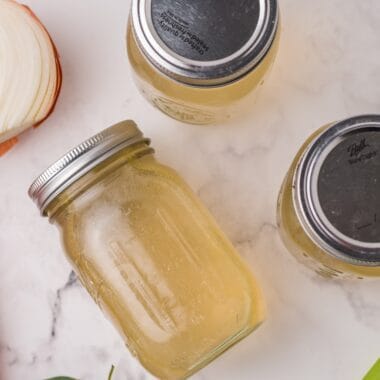
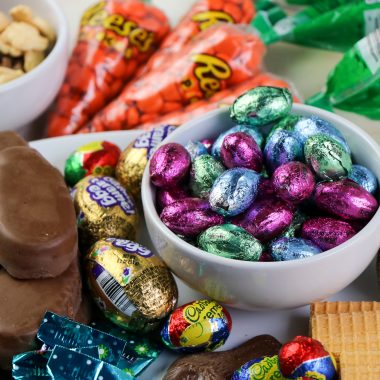
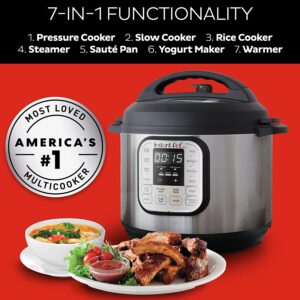
Hi I am looking for easy recipes for Kong Fillers and have been impressed by what I see above. I would like to confirm that something like Marmite (a human spread with salt in it would not be a good idea?)
Many thanks
Hilary
Hi Hilary. Thanks for your comment! Marmite’s salt content is high enough that it should be avoided for a dog.